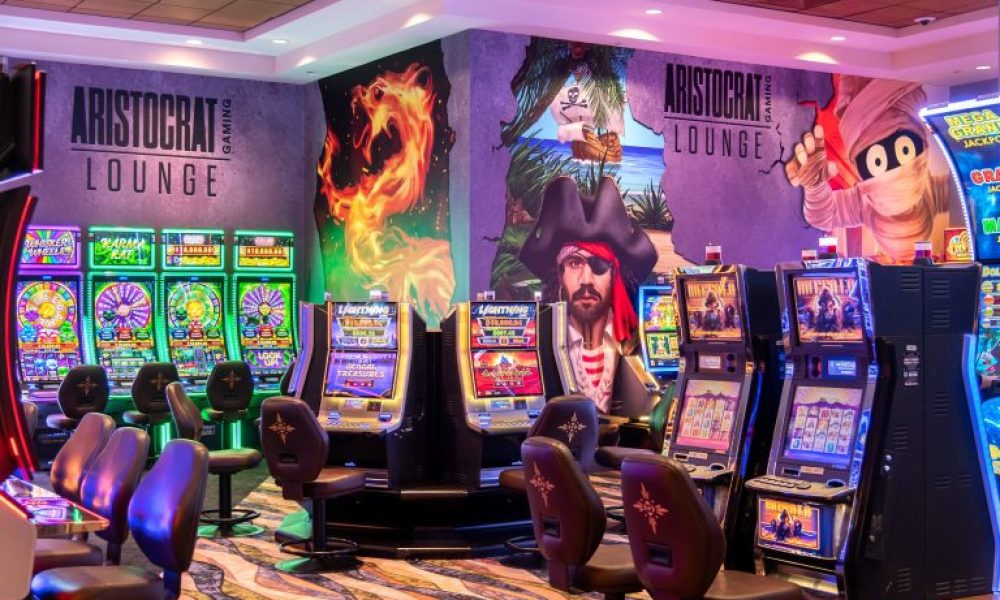In Pennsylvania, state senator Dan Laughlin has introduced legislation to allow casinos to reduce the number of slot machines based on demand. The original slot legislation in 2004 imposed a minimum requirement on the number of machines for each category of license. The state had ambitious plans and grand designs for monetizing gaming. The state and Governor Edward Rendell wanted money and slot machines looked like an easy way to get it. Pennsylvania started with slot machines in casinos and racinos and moved into table games soon after.
Later, under Governor Thomas Wolf, Pennsylvania added mini casinos, VLTs in truck stops, fantasy sports, sports betting, mobile sports betting, and igaming. It’s a full slate of gaming options, but the state’s goal has not changed in 20 years: gather in the money. Pennsylvania still charges the highest fees and taxes of any gaming state.
Until now, the Keystone State has not rethought its regulatory structure. When the gaming legislation passed in 2004, it was after several attempts. Each attempt was met with strong resistance to the idea of legalized gambling. Although Pennsylvania contributed half of the customers to casinos in Atlantic City at that time, gambling was still considered not only wrong, but also immoral.
The regulatory structure was based on New Jersey, not Nevada. It was meant to keep out organized crime, restrict casinos, and keep them within acceptable bounds. That system of regulation dictates in detail the management of the casino floor. Like Atlantic City, that made operating a casino in the state more difficult, expensive, and restrictive. The legislation proposed by Dan Laughlin doesn’t reduce taxes or fees; it merely gives operators the freedom to manage their slot floor. Laughlin said, “Let’s face it, the gaming landscape has changed dramatically since 2006. Competition is fierce and rigid mandates no longer serve the industry or the public. This bill is about common sense and keeping our casinos competitive, without sacrificing oversight or revenue.”
Pennsylvania is not the first state to rethink its gaming regulations. In the wake of the Great Recession and slot machines in Pennsylvania, New Jersey also rethought its regulatory structure. Governor Chris Christie took the bull by the horns, arguing that the regulations were dated, too restrictive and expensive. To make casinos in New Jersey competitive with those in Pennsylvania and others in the region, the casino operators needed more freedom to respond to market demand, unhampered by excessive regulation and costly oversight. Reducing the regulations did not solve all of Atlantic City’s problems, but it did make the burden on the casinos lighter and easier to bear.
In 2025, Pennsylvania is in an intensely competitive environment, just as Atlantic City was during Christie’s tenure. There are casinos in the neighboring states and more coming all of the time. The external competition is not all that’s squeezing the casinos in Pennsylvania in 2025. Since the first legislation permitting casinos, Pennsylvania has added more casinos, slot machines in truck stops, sports betting, and online gaming. In 2024, slot revenue was $2.4 billion and shrinking (-0.6%), while igaming was $2.1 billion and growing (25.2%). With igaming, the slot market is probably saturated; in the current operating environment, casinos do not need as many slot machines as regulation requires. The legislation will be welcome. But more is needed.
The casino tax rate in Pennsylvania is the highest in the country. The casinos pay over half of their revenue to the state. The amount left over has to cover operating and other expenses. Little is left over for investment in updating and improving the properties. In Atlantic City, the closest gaming jurisdiction, casinos spend more money on enhancing their properties than those in Pennsylvania.
The poster child for favorable casino tax rates is Nevada. Nevada’s taxes are among the lowest. In 2024, Nevada reported $1.2 billion in gaming taxes. Pennsylvania collected $2.6 billion. Nevada produced three times the gaming revenue and yet collected only half the tax.
On the other side of the equation are investment and employment. Over 300,000 people work in gaming in Nevada. Billions of dollars are invested in Las Vegas alone every year and not just in casino resorts. In the last 10 years, Las Vegas has added dozens of other entertainment venues as well. Las Vegas is Las Vegas because of the continual investment. The city’s gaming companies are constantly investing in response to market demands.
Pennsylvania ranks at the bottom of the list of casino reinvestment. Regulation is only part of the problem facing casinos in Pennsylvania. Taxes are a bigger problem. If Senator Laughlin really wants to make casinos in his state more competitive, he needs to introduce legislation to reduce the tax rate drastically.



